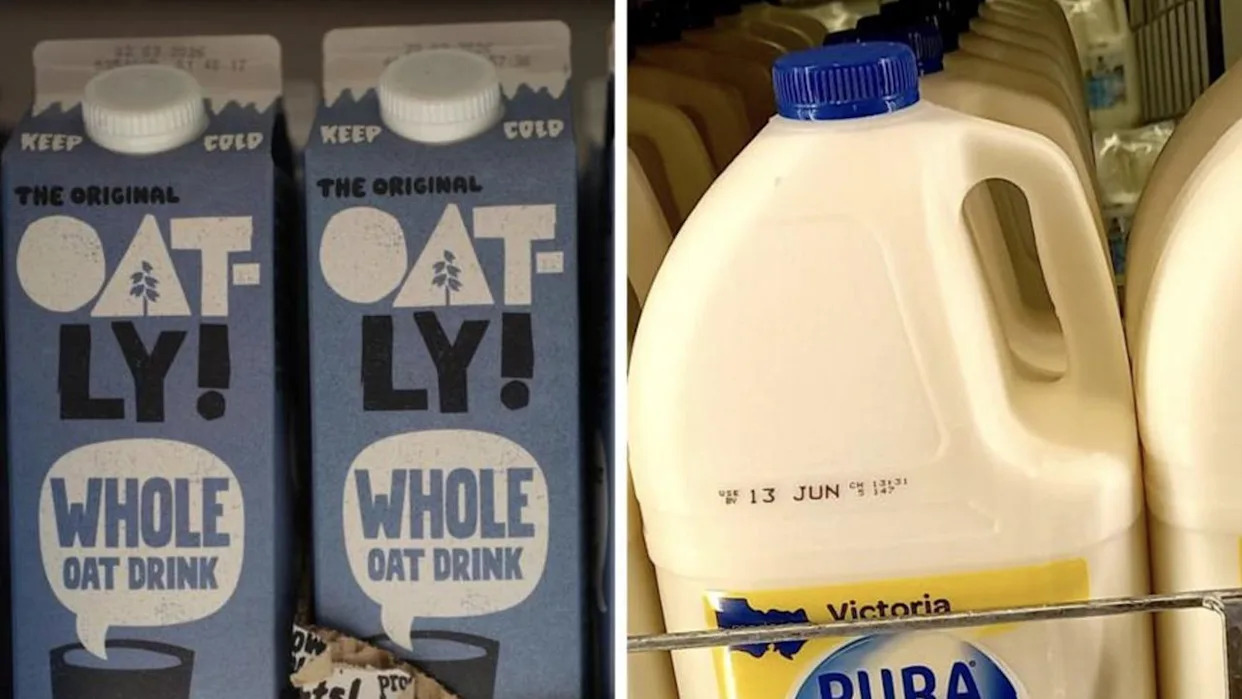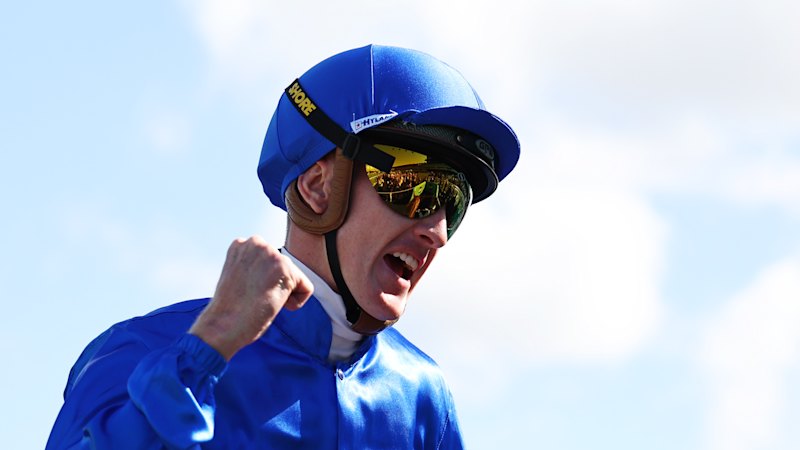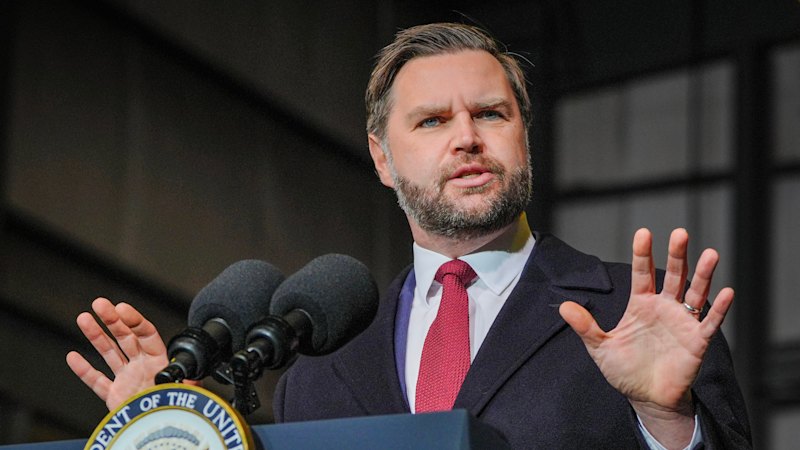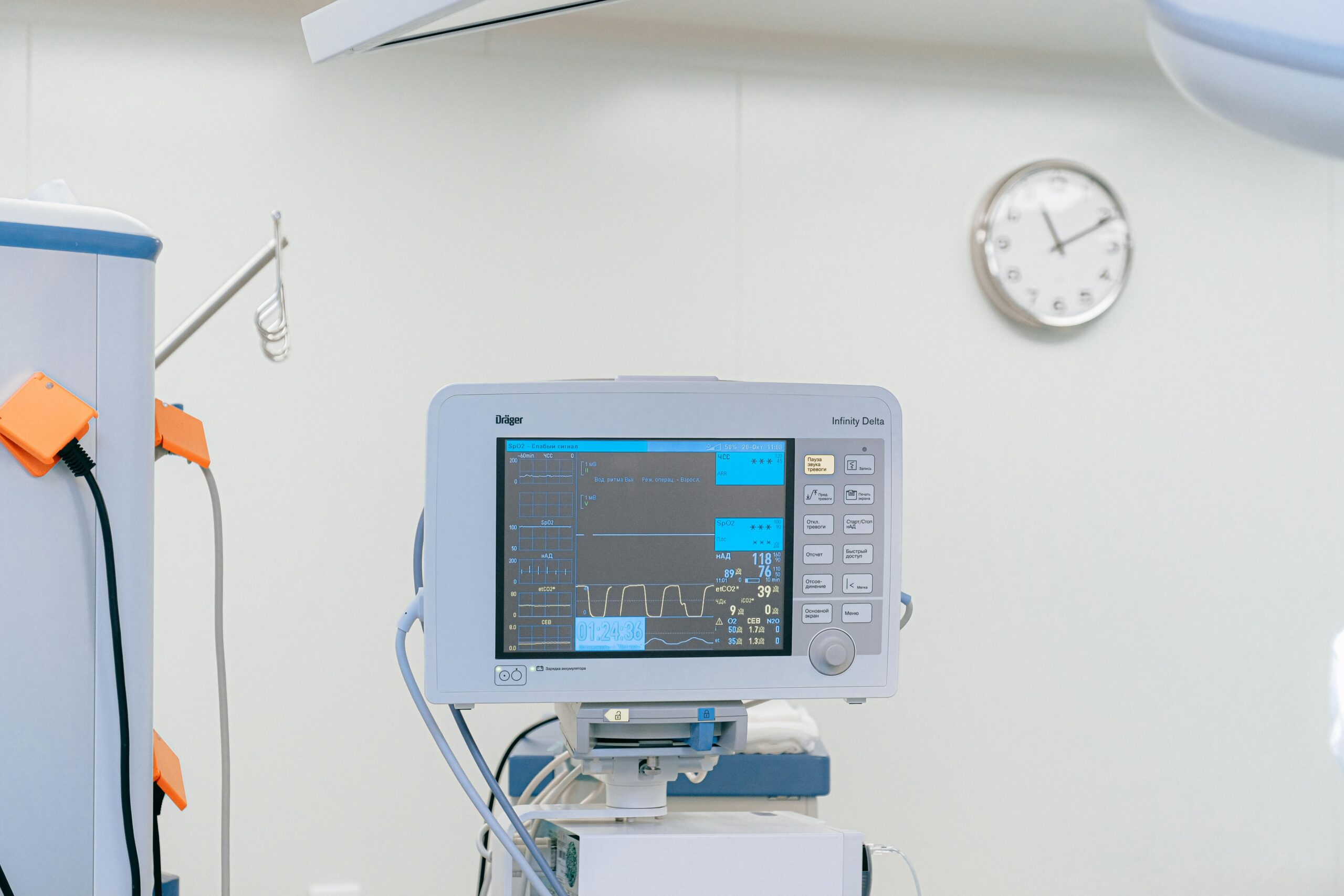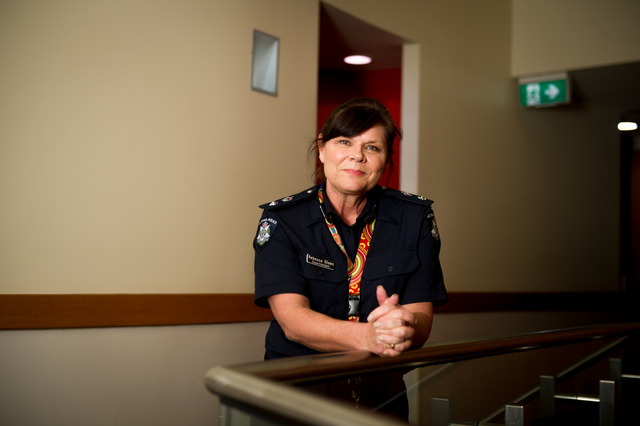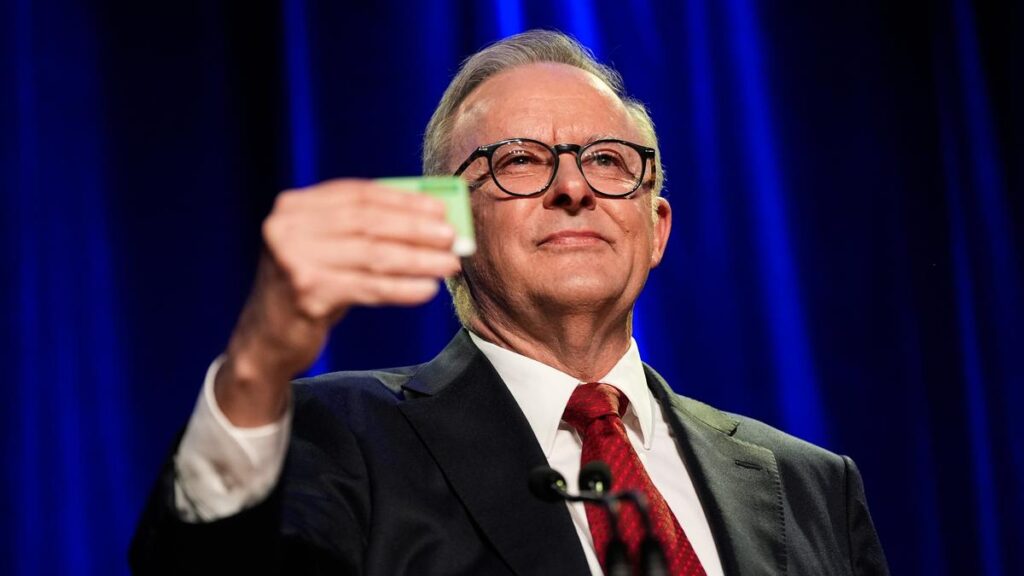
SYDNEY, AUSTRALIA - MAY 03: Prime Minister Anthony Albanese holds up his Medicare card during the Labor Party’s election night event on May 03, 2025 in Sydney, Australia. Prime Minister Anthony Albanese secured a second term as Australians backed his Labor government amid persistent cost-of-living pressures and global uncertainty. (Photo by Asanka Ratnayake/Getty Images)
Patients in metropolitan Perth are facing significant challenges in accessing doctors participating in the newly launched bulk billing scheme, part of the Australian government’s $8.5 billion initiative. Just two weeks after the program’s rollout on November 1, 2023, the availability of bulk-billing general practitioners (GPs) remains limited, contrary to the promises made during the election campaign by Prime Minister Anthony Albanese.
The initiative aims to alleviate out-of-pocket expenses for patients, with slogans such as “all you need is your Medicare card, not a credit card” and “free to see a GP” being central to its promotion. However, an analysis of GP clinics listed on the official government website, Perth Healthdirect, reveals a concerning shortage of fully bulk-billing practices. In Joondalup, home to over 170,000 residents, only two out of 30 clinics are fully bulk-billing. Similar patterns are observed in Midland and Fremantle, where the numbers are just as bleak, with only five out of 60 clinics participating.
While Rockingham has eight fully bulk-billing GPs and the Armadale area has six, the situation in Perth’s Central Business District is particularly stark, with only one out of ten clinics offering full bulk billing. This clinic, the dedicated homelessness service ‘360 Street Doctor,’ has been bulk billing for over two decades. Most other clinics in major population hubs are either “mixed billing” or charge fees.
The government initially anticipated that around 4,800 GP clinics across the country would participate in the program, targeting a goal of achieving nine out of ten GP visits as bulk-billed by 2030. Under the new scheme, GPs are incentivized to bulk bill all patients, a significant shift from previous incentives that primarily applied to children, pensioners, or those with concession cards. Clinics that successfully bulk bill every patient will also receive an additional incentive payment of 12.5% of the Medicare benefits schedule amount for the service.
Despite these incentives, not all GPs are joining the scheme. Dr. Andrew Leech, owner of The Garden Family Medical Clinic in Murdoch, expressed skepticism about the program’s benefits. He noted that while the government promised improved conditions for GPs, his mixed-billing clinic did not find the scheme advantageous. “I would have thought we would hear a lot more about it when it did start,” he remarked.
Dr. Simon Torvaldsen, who operates the privately billed Third Avenue Surgery in Mount Lawley, has also chosen not to participate. He highlighted that the current structure of the scheme may inadvertently prioritize shorter consultations, which could undermine the quality of care for patients requiring more complex services. “This is not a particularly well-targeted approach. It’s a wasted opportunity,” he stated, suggesting that a more nuanced approach to the Medicare Benefits Schedule could better serve patients with complex health needs.
Health Minister Mark Butler reported that as of November 14, 2023, 134 clinics in Western Australia had registered for the bulk-billing program, which is only a slight increase from the 126 confirmed on the eve of the launch. Among these, 60 clinics were already fully bulk billing, while 66 were mixed billing. Butler expressed confidence in the program’s growth potential, asserting that patients in Western Australia would save hundreds of dollars annually in out-of-pocket costs.
Despite government assurances, local MPs have faced backlash on social media, with constituents expressing frustration over the scheme’s implementation. New Bullwinkel MP Trish Cook has seen her page inundated with negative responses. Shadow Health Minister Anne Ruston criticized the rollout, stating, “It’s clear that Anthony Albanese’s big promise on Medicare is already failing,” citing the lower-than-expected participation rates among practices.
Dr. Leech reflected on the pressure the campaign places on GPs who opt not to participate, stating it creates uncomfortable situations with patients who expect to be bulk billed. “It really puts us in an awkward position with our patients,” he said. He emphasized his clinic’s commitment to delivering quality care, even if it means some patients must cover additional costs.
Patients have shared their experiences under the new scheme through a campaign titled “How Much Do You Pay?” Many have reported high out-of-pocket expenses, with one individual in South Hedland noting a typical consult costing around $130, which can increase for specific services. Others have expressed frustration over the lack of bulk-billing options in their areas, making essential medical care unaffordable for many.
As the government seeks to expand access to healthcare through bulk billing, the initial response from both patients and healthcare providers raises critical questions about the program’s viability and effectiveness in improving healthcare access for all Australians.
